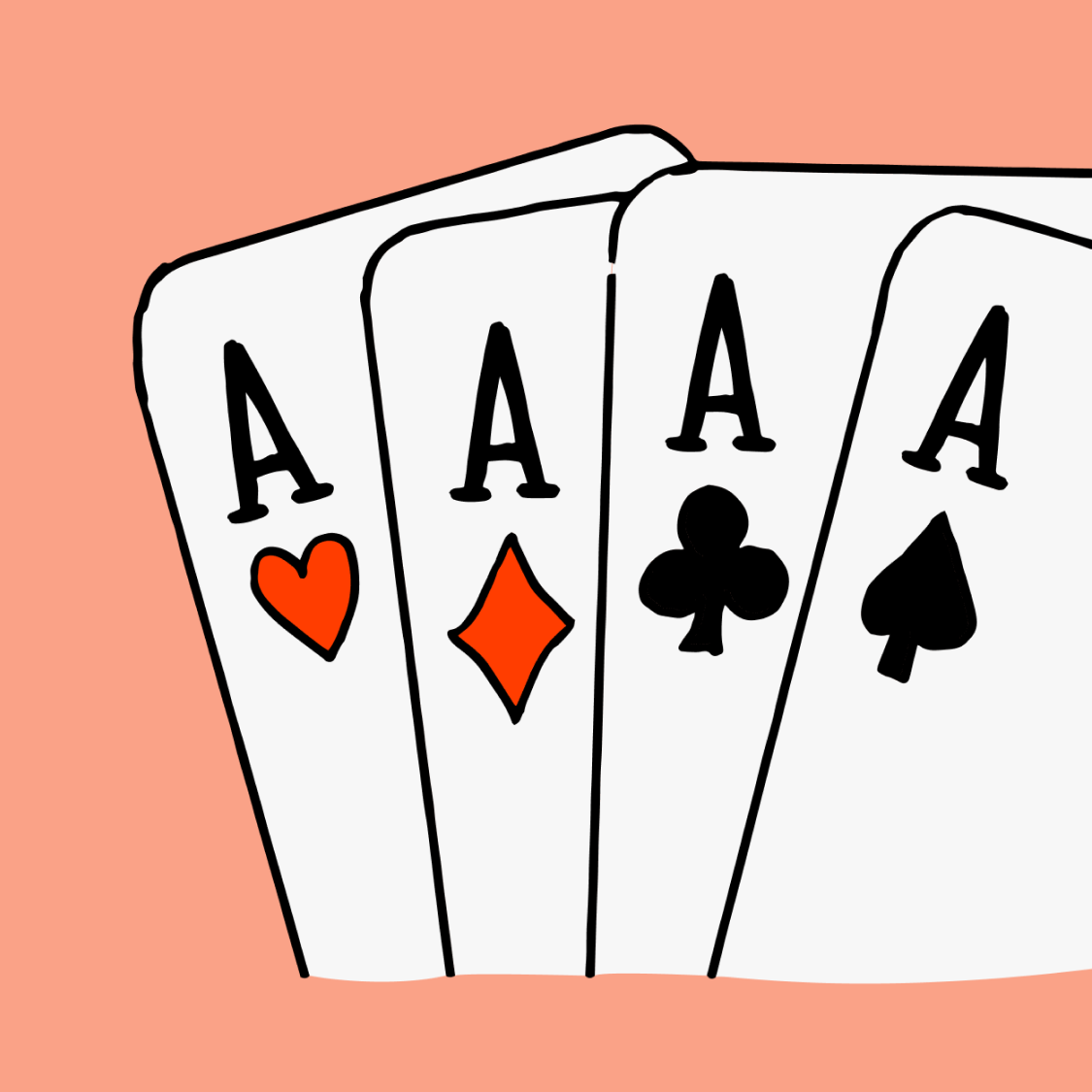Objectives
In English, various prefixes are added to the beginning of the words to add meaning to them. Examples include un-, in-, im-, dis-, and non-. Among them is a-, a negative prefix that adds the meaning of not or without. An example would be asexual. Asexual is a combination of the prefix a- and the word sexual, meaning ‘not sexual’ or ‘not sexually attracted,’ which we will discuss in this article.
Asexuality
Common sexual orientations include heterosexuality, homosexuality, and bisexuality. Asexuality is a sexual orientation like them. Though being asexual means different things to different people, the most common definition of asexual is someone who experiences little to no sexual attraction.
Myths and facts about asexuality
According to a study, about 1% of the population is asexual. Asexual people, the 1%, have long been misunderstood. Let us debunk the myths about asexuality one by one.
✔︎ Asexual people are emotionless 🙅♀️
It is a common myth that asexual people are aloof, cold, and robotic. Lack of sexual attraction does not equal lack of emotion or any other types of attraction.
- Romantic attraction: A desire to be in a romantic relationship with another person
- Aesthetic attraction: Appreciation of the appearance of another person
- Sensual attraction: A desire to interact with another person in a tactile way, such as through hugging or cuddling
- Platonic attraction: A desire to be in a close relationship with another person in a way that is not romantic or sexual
- Emotional attraction: A desire to be emotionally connected to another person
There are many different types of attraction, not to mention the whole range of emotions. Many asexual people do experience other types of attraction than sexual and feel emotions.
✔︎ All asexual people lack sexual desire, so they don’t have sex at all 🙅♂️
Sexual attraction differs from sexual desire or libido. Thus, a lack of sexual attraction to others doesn’t necessarily mean a lack of sexual desire. Many asexual people still experience sexual desire. They may masturbate or have sex. Asexual people may have sex to satisfy their libido, to conceive children, to show and receive affection, or for the physical pleasure of sex. And this doesn’t differ much from people with other sexual orientations.
Of course, some asexual people have little or no sexual desire. They may be indifferent to sex, not very comfortable with having sex, or even sex-repulsed. All of those are normal, so no worries.
✔︎ All asexual people are abstinent or celibate 🙅♀️
Here, abstinence means restraining oneself from having sex, and celibacy means abstaining from sex and marriage, which usually lasts longer than abstinence. Both represent choices. However, being asexual is not a choice. Asexuality is an orientation, just like heterosexuality or homosexuality.
In addition, some asexual people have sex, marry, and have children.
✔︎ Asexuality is a medical problem due to a physical defect or psychological trauma 🙅♂️
Many people try to guess why asexual people are asexual. For example, they wrongly assume that asexual people are sexually oppressed, afraid of being intimate with others due to traumatic experiences, or sexually dysfunctional.
But asexuality is not a medical problem caused by a traumatic event or physical dysfunction. It is not some disease to be cured. Nor does it magically disappear when you meet “the one.” There is no “root cause” of being asexual. Asexual people are just asexual, that’s all.
Am I asexual?
If you are confused or not sure about your sexual orientation, you may want to try answering the questions below. Note that it is not a validated test that can give you a definite answer on whether you are asexual or not. There is no right or wrong answer to these questions. But by thinking through your answer, you can look back on your experiences and search your heart, which can help you to better understand your sexual orientation.

It’s up to YOU!
One thing to be respected as much as free expression and autonomous decision-making about sex is that someone may lack sexual interest or attraction, and it’s normal. It’s about respecting others’ sexuality, but it’s also about respecting yourself.
The most important thing in understanding your sexuality is to choose the identifier you’re most comfortable with. Defining your sexuality is up to you, not anyone else. Of course, it’s also okay to stay questioning or not label your sexuality.
Summaries
- Asexual people experience little or no sexual attraction
- Asexuality ≠ Abstinence ≠ Celibacy ≠ Medical problem
- You are the only one who can define your sexual orientation
